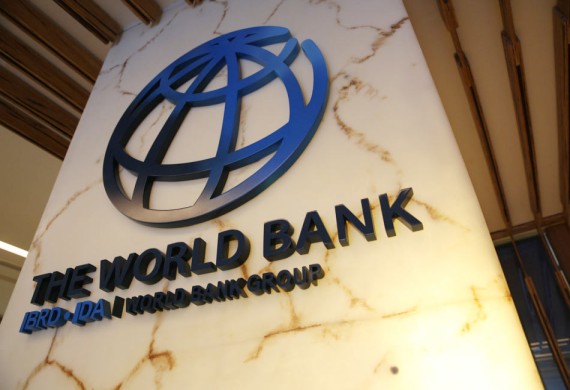
World Bank Contributes additional $52 Million To Improve 30,000 Girls' And Women's Access To Education and Skill Develop
By: WE Staff | Saturday, 30 July 2022
The World Bank Board of Directors approved an additional $52 million in International Development Assistance (IDA*) financing to support ongoing initiatives aimed at empowering women and girls in Somalia economically. Rajo Kaaba, the local name for the Somalia Empowering Women through Education and Skills Project, will provide funding for initiatives to improve gender parity and address the causes of exclusion and marginalisation.
An IDA grant of $25 million, a grant from the Somalia Multi-Partner Fund of $25 million, and a grant from the Early Learning Partnership Multi-Donor Trust Fund of $2 million are used to fund the project's efforts to provide access to high-quality childcare.
“The project will equip girls and women with skills to promote economic empowerment and leadership,” said Kristina Svensson, World Bank Country Manager for Somalia. “Along with other investments in girls and women’s education, this effort will contribute to achieving greater economic growth, shared prosperity and social stability in Somalia.”
The project is anticipated to empower women and girls through improved reading and numeracy abilities, income production skills, and leadership skills, in line with the World Bank's larger women's empowerment goal in Sub-Saharan Africa. In target areas throughout Somalia, including Somaliland, it seeks to assist at least 28,500 young women and up to 3,000 underprivileged young men aged 15 to 35 who are predominantly from marginalised and vulnerable groups, including Internally Displaced Persons (IDPs).
Non-formal second chances programmes and higher skill development for women's leadership will be the project's two main areas of concentration. The majority of recipients will be able to learn fundamental literacy and numeracy skills through non-formal education. Additionally, the Somalian government will increase possibilities for women by establishing Women's Development Centers (WDCs).
In order to assist the systemic expansion of women's higher level skills and leadership development, these will establish a consortium of independent women's schools that will provide certificate and degree programmes. The project will also address the major barriers that prevent women from obtaining education and employment, such as by offering childcare services, stipends, and assistance with enrolling in and completing training.
Somalia's low literacy rates and restricted access to education will be improved by teaching girls and women, especially for those who were behind in the formal school system and will gain from a second shot at education and new prospects. The consolidation of peace and security in the precarious setting of continued conflict and instability in Somalia depends on addressing gender inequities.
“Timely and effective investment in human capital for girls and women is essential to reducing poverty,” said World Bank Task Team Leader, Shawn Powers. “Completion of formal schooling, training for job-relevant skills, and investments in higher education will help build leadership capacity and create aspirational pathways for young women.”
The Rajo Kaaba project is perfectly matched with the World Bank's portfolio for human development and complements other World Bank programmes. Other initiatives include the Improving Healthcare Services in Somalia Project, "Damal Caafimaad," which adds more comprehensive healthcare to Somalia, the Shock Responsive Safety Net for Human Capital Project, "Baxnaano," which provides cash transfers to targeted poor and vulnerable households in selected districts, and the Somalia Education for Human Capital Development (EHCD) Project, which aims to improve girls' access to basic education and learning outcomes.


.jpg)



